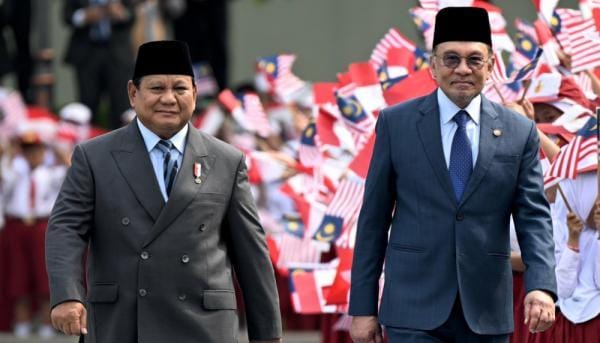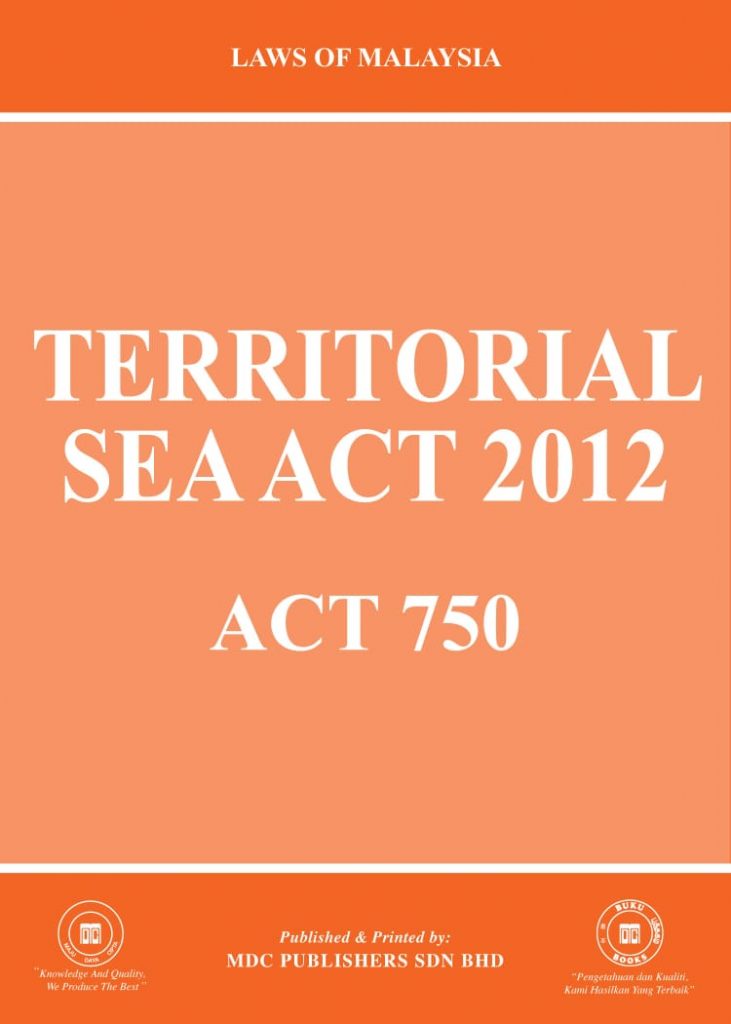
As Prime Minister Anwar Ibrahim and his Indonesian counterpart move toward joint cooperation over the disputed Ambalat maritime block, voices in Sabah are growing louder—not in opposition to diplomacy, but in demand of long-denied constitutional rights and recognition.

The announcement of bilateral collaboration on Ambalat, a long-contested oil-rich region off Sabah’s east coast, may be hailed in Putrajaya as a diplomatic win. But for many Sabahans, it feels like history repeating itself—where decisions affecting Sabah’s waters and resources are made over their heads, behind closed doors, and within a federal framework that continues to sideline state rights.
A Region Rich in Resources, Poor in Recognition

Ambalat lies far beyond the 12-nautical-mile limit imposed by the Territorial Sea Act 2012 (TSA 2012), and well past the 3NM limit that federal policy often claims as the boundary of Sabah’s jurisdiction. Yet these limits were never agreed to by the Sabah State Assembly, nor do they reflect the maritime rights inherited under the Malaysia Agreement 1963 (MA63).
Legal experts and Bornean constitutionalists argue that when Sabah joined Malaysia in 1963, it retained full control over its continental shelf and offshore resources, as defined by colonial boundaries and international law at the time. These rights were not meant to be erased by unilateral federal legislation—but they were.
Notably, the TSA 2012 remains elusive from being resolved, even though it was one of the final 4 outstanding issues out of the 21 MA63 matters discussed during the PH-Warisan federal administration. That it remains unaddressed underscores how deeply entrenched federal resistance is to restoring Sabah’s full maritime autonomy.
The 3NM Illusion
For decades, federal agencies have treated 3 nautical miles as the de facto boundary of state maritime rights. Everything beyond that, from marine parks to billion-ringgit oil fields, is declared federal territory. Sabah has no say over licensing, royalties, or resource management—even though these waters lie off its shores.
This policy is not only morally unjust, but constitutionally questionable. Article 1(3) of the Federal Constitution clearly states that no change to state boundaries can occur without the consent of the State Legislative Assembly. TSA 2012, which legally redefined Malaysia’s territorial sea and implicitly redrew Sabah’s maritime boundary, was passed without such consent.
Ambalat: Whose Sea Is It?
The irony is bitter. Sabah’s oil-rich waters, which fall within Malaysia’s claimed Exclusive Economic Zone (EEZ), are used to justify federal negotiations with Indonesia—but the state that fronts these waters is not even in the room. The Ambalat block, where tensions have historically flared between Malaysian and Indonesian naval forces, is not just a federal concern. It is also a Sabahan stake.

Sabah has long been excluded from offshore oil and gas decision-making, despite being a significant producer. The 5% oil royalty it receives is a political wound that never healed—and the deeper wound is the loss of control over the very waters and seabed that generations of Sabahans believe are rightfully theirs.
Time for Constitutional Justice, Not Just Political Optics
If Prime Minister Anwar’s new federal leadership is serious about “Madani” values, then the principles of justice, partnership, and respect for Sabah’s historical rights must apply—not just in speeches, but in legal reform.
As Sabah leaders press for the restoration of rights under MA63, the federal government must acknowledge:
That the 3NM limitation is a policy fiction, not a legal truth.
That TSA 2012 may be unconstitutional if imposed without Sabah’s consent.
That Sabah should be a co-equal party in any Ambalat-related negotiation—not just a spectator.
This is not just about revenue. It’s about sovereignty, dignity, and the right to self-determination within the Malaysian federation.
Pritchard Gumbaris
A Concerned Sabahan
1/7/2025


